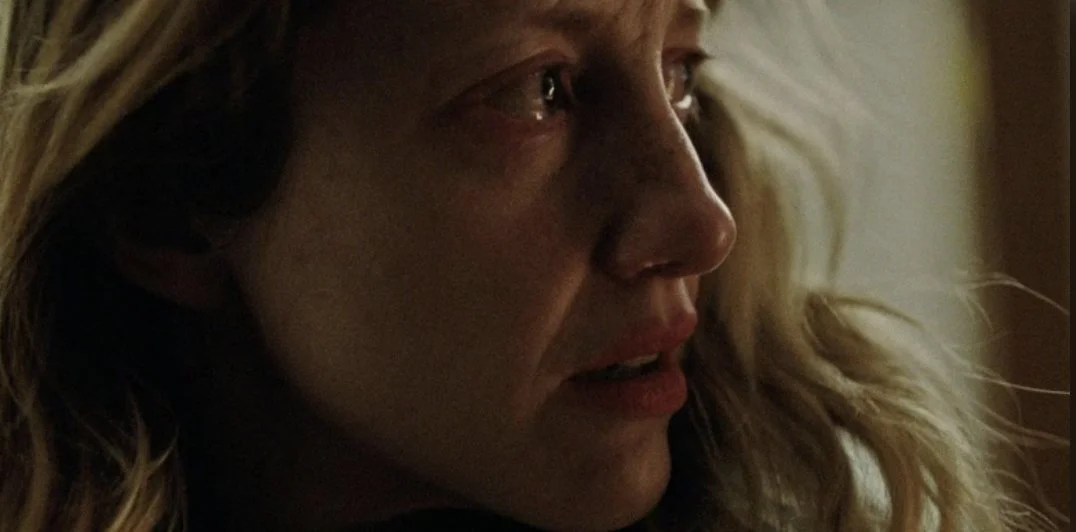After only two days on Netflix, “To Leslie” has moved into the top spot on the Netflix top 10. No, really. It’s currently the most streamed movie in the entire country.
I’m sure you know that this is the same film that controversially landed Andrea Riseborough a Best Actress nomination. Thanks to a Blitzkrieg “grassroots” campaign, the British actress shocked the industry with her surprise nomination.
Of course, people complained, Riseborough’s performance was great, but it didn’t matter — the haters claimed she stole a nomination away from black actresses Viola Davis and Danielle Deadwyler.
The Academy even held an “emergency meeting” to tackle the controversy, with some wanting Riseborough’s nomination to be rescinded. It seemed like a new hit piece on the actress was getting published on a daily basis — including a shameful one from Vanity Fair.
Even worse, Academy CEO Bill Kramer publicly apologized in an email that promised the organization would reconsider the rules of the Oscar nomination process.
Riseborough got Oscar-nominated for this tiny little movie that made $23,000 at the box-office and now the big Hollywood studio machinery was going full blast to shame her and make her feel embarrassed that the tremendous work she did in “To Leslie” was illegitimately nominated.
The media’s idea that black performers are entitled to awards was an insane reaction to historical prejudice. Let’s be clear here, critics decrying Riseborough’s Oscar nomination was because she had the incorrect skin color.
These days film journalists seem to be on a crusade to pit white filmmakers against black filmmakers. Personal judgment is blurred, and ethical thinking gets destroyed in the process.
The Riseborough incident was just another attempt at cancel culture, but it didn’t work. Now, mainstream audiences have had their curiosities piqued for this little indie movie that could and it’s #1 in the country.






